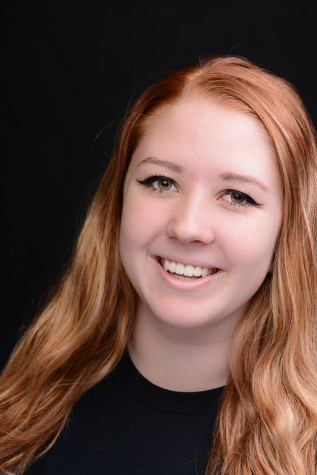Challenged in the Curriculum
A number of books commonly challenged or banned across the country are novels taught at ACHS.
“The Catcher in the Rye,” “The Great Gatsby,” “A Separate Peace,” “Adventures of Huckleberry Finn,” “The Absolutely True Diary of a Part-Time Indian.” These are just a few of the well known and critically acclaimed novels read by students in their high school careers, including Antioch Community High School students, and throughout their life.
There are hundreds of challenged books in the United States. Many books are challenged to be banned in schools because a group of people, usually including parents, do not want students to be exposed to a certain topic. While many parents just want to protect their children, it is important for students to be exposed to different topics and styles of writing. If students are heavily sheltered at home and in school, once they are alone and exposed to the reality of the world, they will be overwhelmed.
Senior Abby Shepherd said, “it’s very important for students to be exposed to controversial topics and to be informed, so challenging and potentially banning these books is just hurting the students.”
Each and every book written and published has a specific purpose, whether it be to persuade someone on a topic, invoke an emotion, or just to tell a story, there is always a lesson one should take away from it. Although, the books with the greatest lessons tend to be the ones banned or at least challenged in schools. Some of these frequently challenged books are essential reads in schools, such as “Of Mice and Men” by John Steinbeck, “The Perks of Being a Wallflower” by Stephen Chbosky, “Lord of the Flies” by William Golding, “And Tango Makes Three” by Peter Parnell and “To Kill a Mockingbird” by Harper Lee. All of these novels teach valuable lessons from finding oneself and growing as a person, to the importance of friendship and loyalty, racism, to gender and sexuality, and more. By reading these novels on top of many more, students, or anyone, can learn about themselves and many other valuable lessons.
Kelly Konrad, a blogger for Chicago Now, believes that, “books serve the greater good. Books inspire, advocate, unite, entertain, inform. And the people against those things? They are the greater danger.”
Books should not be banned because their view points go against some others. It is essential for students to be exposed to these sometimes controversial topics, and to be informed.


